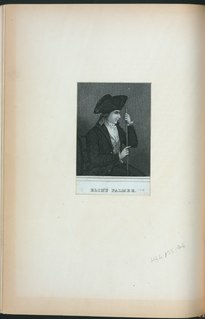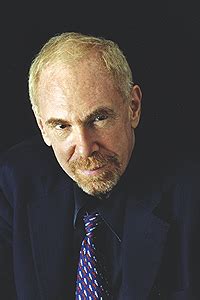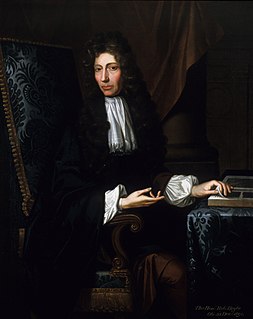A Quote by Socrates
The real artist, who knew what he was imitating, would be interested in realities and not in imitations; and would desire to leave as memorials of himself works many and fair; and, instead of being the author of encomiums, he would prefer to be the theme of them.
Related Quotes
If you knew that only a few would care that you came, would you still come? If you knew that those you loved would laugh in your face, would you still care? If you knew that the tongues you made would mock you, the mouths you made would spit at you, the hands you made would crucify you, would you still make them? Christ did.
The obscurity, incredibility and obscenity, so conspicuous in many parts of it, would justly condemn the works of a modern writer. It contains a mixture of inconsistency and contradiction; to call which the word of God, is the highest pitch of extravagance: it is to attribute to the deity that which any person of common sense would blush to confess himself the author of.
Let's just say that if these scientist had been using their brilliance for good instead of evil, cars would run off water vapor and leave fresh compost behind them; no one would be hungry; no one would be ill; all buildings would be earthquake-, bomb-, and flood-proof; and the world's entire economy would have collapsed and been replaced by one based on the value of chocolate.
I wanted to be a visual artist, but I realized I was more affected by what I read than by what I saw. I would go to a show at a museum and look at a painting and say, 'Oh I wish I owned that,' and that would be the end of my relationship with a painting. With a short story I would read or with an author I would discover I could be haunted. It would affect my mood and affect the way that I saw the world. I thought, wow, it would be amazing to be able to do that.
And first, it seems not at all probable, That if the Omniscient Author of Nature knew that the study of his Works did really tend to make Men disbelieve his Being or Attributes, he would have given Men so many Invitations, and almost Necessities, to study and contemplate the Nature of his Creatures: Of these Invitations divers have been mention'd already, and more might be added to them, if we thought it requisite.
I was asked the other day if I would be interested in the Nobel Prize, but I think that for me it would be an absolute catastrophe. I would certainly be interested in deserving it, but to
receive it would be terrible. It would just complicate even more the problems of fame. The only thing I really regret in life is not having a daughter.
The house as I say ... smelled of brisket and bourbon, so you could hear that. I started imitating them. Phrases came out of that, "Can't you dig that?" "I knew that you would." We were at [Passover] Seders and they were confused with the bitter herbs, "Do we smoke these or do we do we dip them in salt water?" "We dip them in salt water, well that's gonna kill the vibrancy of the weed, you know." So that's what I was around. So I would imitate them. That's where it all started.
If we knew that we would meet the Lord tomorrow - through our premature death or through His unexpected coming - what would we do today? What confessions would we make? What practices would we discontinue? What accounts would we settle? What forgivenesses would we extend? What testimonies would we bear? If we would do those things then, why not now?
Karl Popper once advised a student that if he wanted to reap intellectual fame, he should write endless pages of obscure, high-flown prose that would leave the reader puzzled and cowed. He should then here and there smuggle in a few sensible, straightforward sentences all could understand. The reader would feel that since he has grasped this part, he must have also grasped the rest. He would then congratulate himself and praise the author.
If I write a character, instead of looking from the outside, like maybe a journalist would, trying to describe them physically and figuring out what kind of things they might be interested in or have in their house, I don't really do it that way. I try to feel what it would be like to be inside this person, to be them.









































